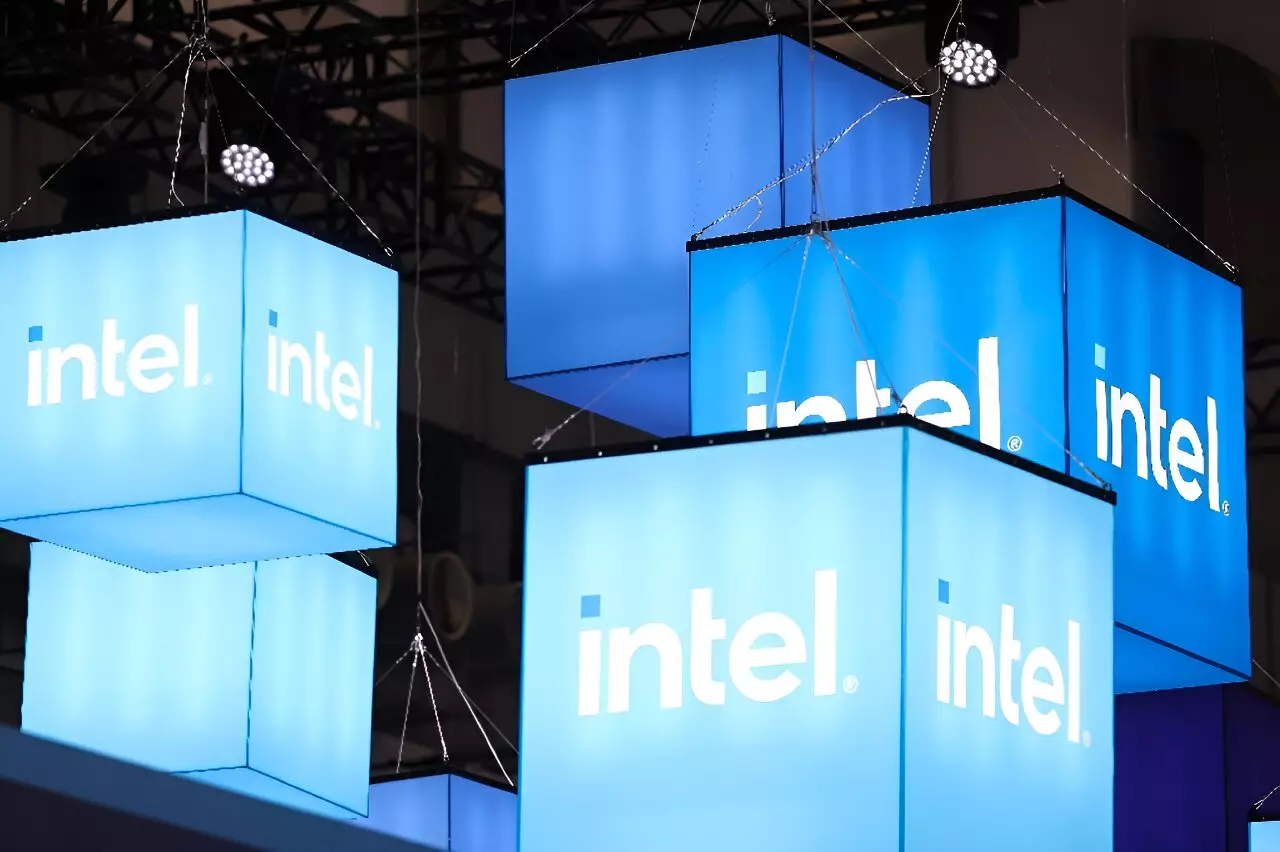Intel Corporation, a pioneer in semiconductor manufacturing, has officially announced a significant postponement of its ambitious plans to establish two mega chip factories in Germany and Poland. This move is primarily driven by lower-than-expected market demand for chips, a revelation that has caught the attention of industry analysts and government officials alike. Both countries had invested substantial resources and promised subsidies to bolster these projects, viewing them as linchpins for their economic revitalization and high-tech future. The stalled projects reflect the overarching volatility within the semiconductor industry, catalyzed by fluctuating global demands and geopolitical tensions.
The ramifications of this decision extend beyond just Intel; they pose serious questions for the economic strategies of both the German and Polish governments. Germany had initially secured a framework agreement for a massive 30-billion-euro factory project, significantly increasing subsidies from approximately 7 billion euros to nearly 10 billion euros in a bid to support Intel’s operations. These investments were not merely financial commitments; they represented hopes for job creation and innovation hubs that could rejuvenate local industries. The delay means that hundreds of millions in taxpayer-funded subsidies may not yield the expected returns, leaving government officials to reassess their strategies in attracting and retaining vital tech investments.
In Poland, where Intel had earmarked $1.8 billion to establish a semiconductor factory near Wroclaw, the stalling of this project adds another layer of uncertainty to an already complex economic landscape, exacerbated by the ongoing conflict in Ukraine. Both countries had hoped to emerge as champions in the semiconductor arena to counteract the region’s reliance on Asian manufacturing. The geopolitical landscape, heavily influenced by disruptions like the war in Ukraine and supply chain crises stemming from the COVID-19 pandemic, underscore why these initiatives are now deemed more critical than ever.
Despite the setbacks in Europe, Intel remains committed to its projects within the United States. In a sign of resilience, the company has announced it will receive up to $3 billion in direct funding from the U.S. government to enhance semiconductor manufacturing. This funding, aimed at securing the domestic supply chain, emphasizes a renewed focus on local production, particularly for military applications. Intel’s CEO, Pat Gelsinger, stated that their existing facility in Ireland will continue as their primary hub in Europe, marking a strategic pivot that aims to leverage resources where demand remains strong.
Intel’s strategic choices illustrate a broader narrative within the tech industry, where companies must navigate fluctuating demand, external political pressures, and the urgency to innovate. By redirecting its resources, Intel is not only responding to immediate market realities but also preparing to stabilize its operations in a landscape that remains fraught with uncertainty.
Crisis and Opportunity in Semiconductor Manufacturing
As the demands for semiconductors grow—driven by applications ranging from smartphones to defense systems—companies like Intel find themselves at a crossroads. The recent shifts reflect a dual reality: while some markets may be cooling, others remain hot and ripe for investment, especially in the U.S. The ongoing quest to build a resilient supply chain in semiconductor manufacturing is set against the backdrop of increased governmental support and a focus on domestic independence. As these dynamics continue to evolve, the industry will be watched closely, with Intel’s decisions serving as a potential bellwether for the future of semiconductor manufacturing on a global scale.


Leave a Reply